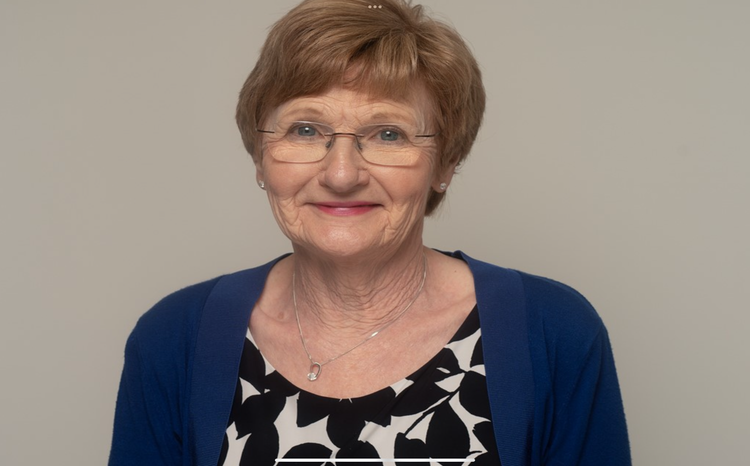Open source ‘super CIC’ created
- 25 June 2015

NHS England has set up a ‘super CIC’ to act as a centre of excellence and attract funding for open source projects within health and social care.
Peter Coates, NHS England's open source programme manager, told Digital Health News the new community interest company has already received a number of grants, including money from NHS England, to progress outcomes around urgent care and the Code4Health programme.
The Open Source Software Foundation for Health and Social Care, or super CIC, has three founding members; Bill Aylward, director of the OpenEyes electronic patient record programme at Moorfields Eye Hospital NHS Foundation Trust; Phil Koczan, chief clinical information officer at UCL Partners; and Joe McDonald, chair of the Digital Health CCIO Network.
Coates said the three clinicians work in a variety of settings and understand the barriers faced by the NHS in adopting open source technology.
The benefit of creating a CIC is that it will be a “highly flexible and agile organisation”, able to react and respond quickly to a changing environment.
“The larger CIC centre of excellence will be the vehicle that will attract funding from a range of sources – public and private sector and NGOs – in order to deliver systems that are really useful and usable and will deliver better patient outcomes in a more efficient way,” he said.
The super CIC will then distribute funds to the mini-CICs, developed to be custodians of particular open source software. Coates said it will be fully transparent, with information published online regarding where money has come from and where it has gone.
NHS England revealed in mid-2013 that it wanted to encourage an open source option for trusts looking to invest in electronic patient record systems. Digital Health News reported in March 2014 that it was looking to create a series of community interest companies to act as custodians for open source products introduced to the NHS.
Some CICs already exist, while one for an e-observations system and another for an e-prescribing system are in the pipeline.
Three NHS trusts formed a CIC for the OpenMaxims system earlier this year. There is also an OpenOdonto CIC for community dentist IT and a CIC for pathology software developed at Musgrove Park Hospital. The Open Eyes Foundation is also registered as a charity.
Coates said NHS England always thought some kind of over-arching organisation would be necessary to act as custodian for the smaller pieces of open source software that do not warrant a CIC in their own right.
The foundation will also act as a centre of excellence and point of focus around open source software for the healthcare community.
“We expect that the membership of the CIC will expand, with the capability to create different classes of membership. Different groups could join the CIC in order to have a vote and a voice and steer where it’s going and the things it needs to do,” he said.
“It’s important that this organisation is not-for-profit; that’s important as we think people will contribute their ideas, their IP, their innovation freely because they understand there isn’t some organisation behind this that will make a commercial gain.”
As well as CICs, NHS England is supporting the development of Code4Health communities, with 17 already created.
“The start of the journey is like-minded individuals and organisations coming together who have a common interest or need that needs to be resolved. So it could be a combination of individuals, clinicians, patients, carers, vendors that effectively form a Code4Health community,” explained Coates.
A number of software suppliers are signed up as Code4Health supporters including Microsoft and IBM. Coates said they can provide resources to these communities such as staff, knowledge or experience to help formulate what a new innovation or solution might look like.
Coates will be taking part in a webinar on open source being run by Digital Health and NHS England tomorrow – Friday, 26 June – titled ‘Everything you need to know about NHS Open Source Custodian Model’.




